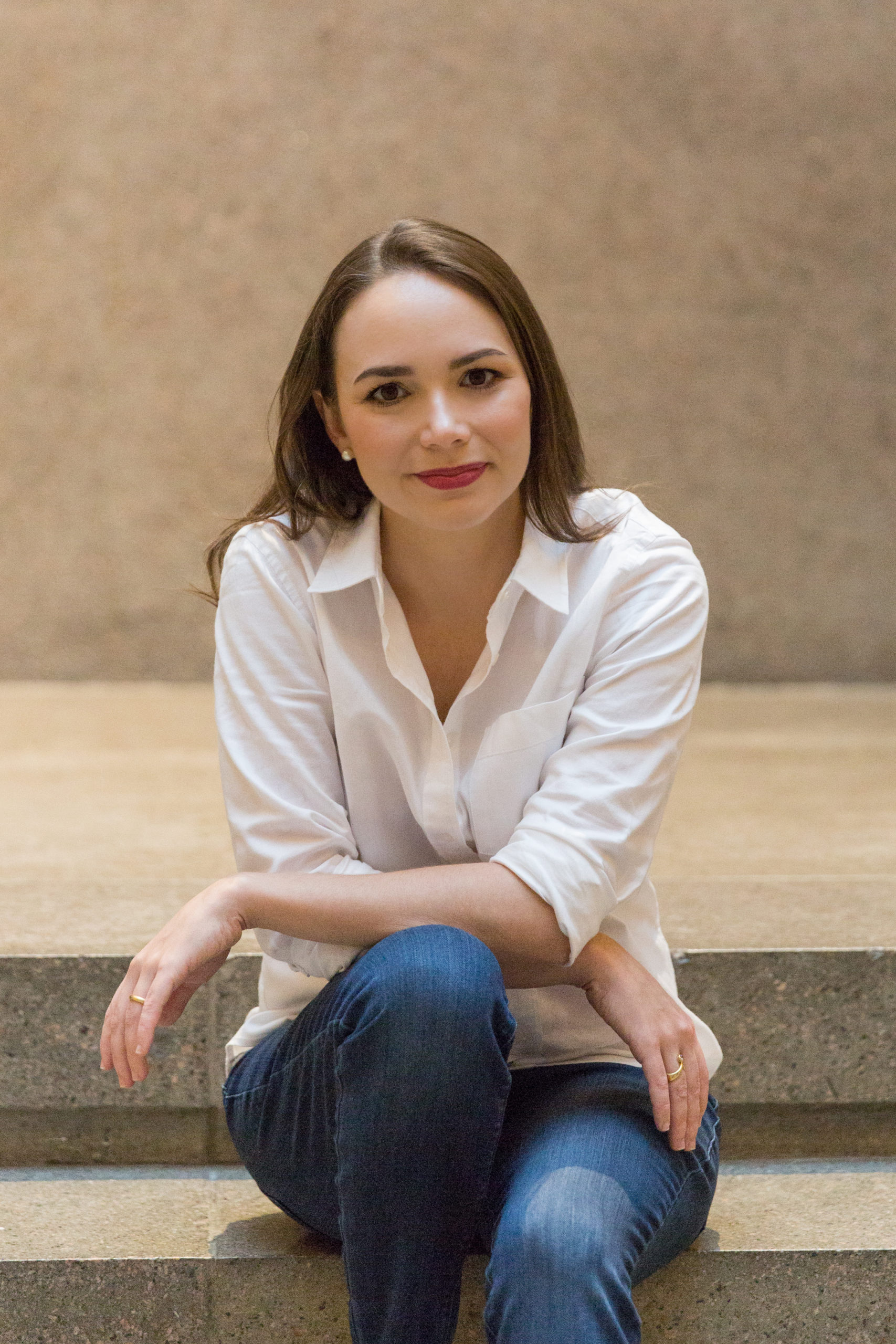Description
Fall 2019 Black River Chapbook Competition Finalist
Cupboard Pamphlet’s 2020 Annual Contest Finalist
2021 Newfound Prose Prize Finalist
2022 Central New York Book Award Winner
Inspired by Virgie Townsend’s own experiences growing up in an independent fundamental Baptist church, the seven stories in Because We Were Christian Girls examine religious and gender oppression through an unforgettable cast of Christian fundamentalist girls. In the titular story, Townsend writes, “All Christian girls know what happens when they disobey, even if it’s by accident. We end up pregnant, kicked out of our churches, and used as examples in sermons about what happens to disobedient Christian girls. Eventually we go to hell, where we fall for eternity in a dark, fiery pit, bound in rough chains that tear and burn our flesh, deprived of any human contact except for listening to the eternal screams of other Christian girls who are also bound, falling, and should have listened to their elders.”
In prose alternately lyrical and humorous, and through stories sometimes dwelling in poignant realism and at others in the surreal, Townsend’s girls navigate child abuse, body image issues, sexual curiosity and homophobia, addiction, racism, and classism on their paths to self-actualization and, ultimately, freedom. This is a debut short fiction chapbook you won’t soon forget.
From BECAUSE WE WERE CHRISTIAN GIRLS
“RUNNING”
We start running when church lets out. Prayers and communion crackers are still on our lips. It’s summer and Jesus loves and hates us. Or He loves us, but hates our sin. Either way, it’s summer, Wednesday evening Bible study is over, and we’re running out of the church building into the untended field. The grass is long and budding with feathers of golden seeds. We run with our palms out, and the grass can’t decide whether to brush or scratch us.
These are the wild days. We girls grow our hair long and insouciant like horsetails. We don’t think about boys. We don’t dress for them or take pictures for them or worry about what they’re thinking. Someday we’re supposed to submit to them, but not now. For now, they’re just boys. They’re not God. For now, we run with them.
The church sits on a hill overlooking the highway and blue-pink-purple sky, with the steeple cross overlooking us. No one can see us. The church grounds are private. There’s a house on the edge of the property, but a thicket of trees seals us off. We’re in the world, but not of it. We’re soldiers in the army of God, and we’re children.
Our parents are running, too, but we don’t know it yet. They stand in the parking lot under the lamplight talking to one another, consumed with eternity. They look like they’ve always looked to us: unsatisfied, unconcerned, waiting for deliverance. We don’t know it yet, but the past is always at their heels. Its teeth are sharp, its mouth a void.
Nobody knows who’s it or who’s supposed to be hiding or who’s supposed to be seeking. We keep running. We’re all hiding. We’re all seeking.


 © Bridget Florack/By Bridget Photography
© Bridget Florack/By Bridget Photography 


